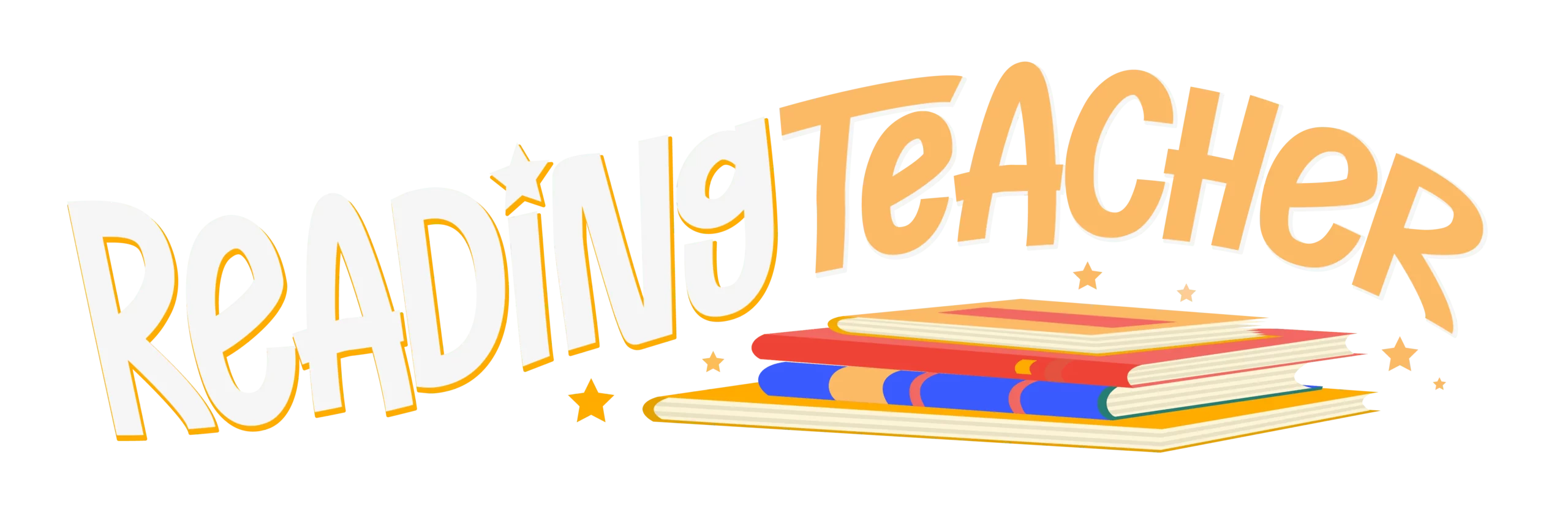Building Reading Foundations: The Benefits of Kindergarten Decodable Books
Kindergarten is a critical time for children to develop their foundational reading skills. Decodable books are valuable resources that support early literacy development by providing a systematic and structured approach to learning to read. In this article, we will explore the benefits of using decodable books in kindergarten classrooms. From enhancing phonics skills to fostering reading fluency and confidence, decodable books offer young learners an essential tool for unlocking the world of reading.
Phonics Skill Development:
Decodable books are designed with a strong focus on phonics instruction. They introduce and reinforce letter-sound relationships, blending sounds to form words, and practicing phonemic awareness skills. By following a structured sequence of phonics patterns, decodable books help children develop their decoding abilities and improve their overall reading accuracy.
Gradual Text Complexity :
Decodable books follow a systematic progression of text complexity. They start with simple, highly controlled text, featuring a limited number of phonetic elements. As students master these elements, the books gradually introduce more challenging phonics patterns and sight words. This progressive approach allows children to build upon their existing knowledge and skills, fostering incremental growth in their reading abilities.
Confidence and Fluency:
Decodable books provide early readers with opportunities to experience success and build confidence. The controlled vocabulary and predictable text structure enable children to practice reading with ease and accuracy. As they encounter familiar phonetic patterns and sight words, their reading fluency improves, leading to increased confidence in tackling more complex texts.
Comprehension Skills:
While decodable books primarily focus on phonics, they also introduce basic comprehension skills. Through engaging stories and simple narratives, children develop their understanding of story structure, character development, and sequencing. Comprehension activities and discussions related to the decodable texts further enhance their understanding of the text's meaning.
Reinforcement of Letter-Sound Relationships:
Decodable books offer repeated exposure to letter-sound relationships, reinforcing phonics skills. Children encounter words with similar phonetic patterns, allowing them to apply their knowledge and transfer it to new words. This repetition strengthens their ability to recognize and decode words, contributing to improved reading proficiency.
Support for Differentiated Instruction:
Decodable books can be used to support differentiated instruction in kindergarten classrooms. Educators can select decodable books at different levels to meet the varying needs of students. This allows for targeted instruction and intervention, ensuring that each child receives appropriate support to progress in their reading journey.
Conclusion:
Kindergarten decodable books are powerful tools for building the foundational reading skills of young learners. By focusing on phonics instruction, gradually increasing text complexity, fostering confidence and fluency, developing comprehension skills, reinforcing letter-sound relationships, and supporting differentiated instruction, these books offer valuable resources for both teachers and students. Incorporating decodable books into kindergarten classrooms helps set the stage for future reading success, equipping children with the necessary skills and confidence to become proficient and joyful readers.
